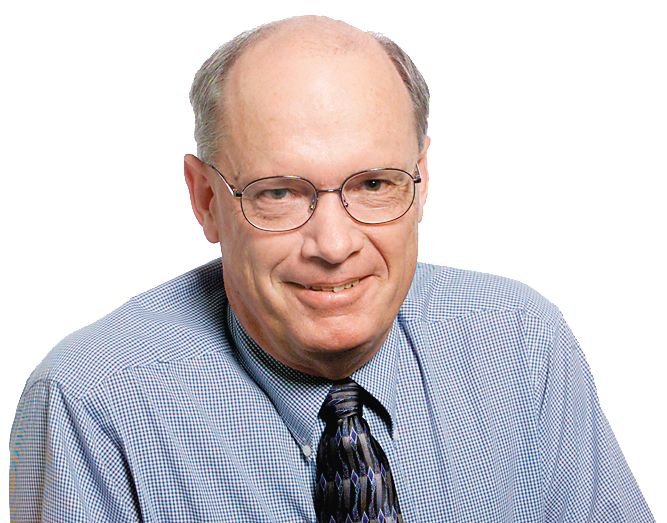Don’t get too excited about that headline. The Clark County I’m talking about was indeed named after a William, but this other William was a scandalous tycoon of the late 19th century, not our noble explorer of the early 19th century. And this other Clark County is almost 1,000 miles away, in a state that (unlike Washington) actually matters in the 2012 presidential election.
Nevada this year has become a swing state, one of about nine. Polls show President Obama leading in Nevada by a few percentage points, but within the margin of error; it’s an even race. In the 2008 presidential election, about two-thirds of Nevada’s votes came from Clark County (Las Vegas), and Obama carried the state by about a dozen percentage points.
Now, though, Nevada’s unemployment rate is much higher, and the presidential race is much tighter. Nevada has only six electoral votes, but in swing states, every electoral vote is crucial. Here in Washington state, we’ve got twice as many electoral votes, but neither candidate cares because all 12 votes presumably are going to Obama.
Early voting begins in Nevada on Saturday, Oct. 20. That is probably when many voters in Washington will mark their ballots, although, technically, ballots here will be mailed five days earlier on Oct. 15.
Irrelevant to the 2012 presidential race but perhaps of interest to historians is the stark contrast between the namesakes of these two counties.
Our Clark County was named after the legendary co-leader of the Lewis and Clark Expedition. Clark’s contributions to the epic journey included map-making skills. After opening the West to settlement by the United States, William (no middle name) Clark served with distinction for many years as an Indian agent and a territorial governor.
No such honor graces the legacy of Nevada’s William Andrew Clark. Actually, he was from Montana, but he helped develop the railroad through what would become Las Vegas as we know it. Prior to serving as U.S. senator from 1901 to 1907, William Andrew Clark was embroiled in a scandal related to bribes in the Montana Legislature. Clark’s defense at the height of that turmoil ranks as one of my all-time favorite political alibis: “I never bought a man who wasn’t for sale.”
But back to the present: When folks in Nevada and Washington start voting for president in the third week of October, they will reflect a trend in U.S. politics. The beloved and time-honored Election Day — long hailed as an emblem of our magnificent representative republic — is evolving into an election season.
Campaign challenges arise
For many years Americans voted only on Election Day, with exceptions granted to absentee voters. Now, 32 states and the District of Columbia have varying forms of early voting. In fact, early voting actually began in Iowa last Thursday, almost six weeks before the Nov. 6 Election Day.
This complicates campaigning challenges because Iowa is a swing state, and in 2008, more than a third of Iowa votes were cast before Election Day. Another swing state, Ohio, begins voting on Tuesday.
In Washington and other early-voting states, a successful campaign often requires extensive research and intricate planning. Candidates don’t want to spend too much money courting voters who have already voted. Then again, they don’t want to push their message too early and run out of steam during the important first week of November.
Of course, traditionalists and guardians of the status quo despise early voting. Even if it’s more convenient for some, they hate it because it’s change, and to them, change is frightening.
Others think early voting is great. Count me in that crowd, and my affinity for early voting is based on a simple principle: Early voting is optional. Vote early only if you want. If it’s not for you, wait until Election Day. It’s that simple.
A final question: Which group — those who despise early voting or those who love it — would deprive the other of its choice?



